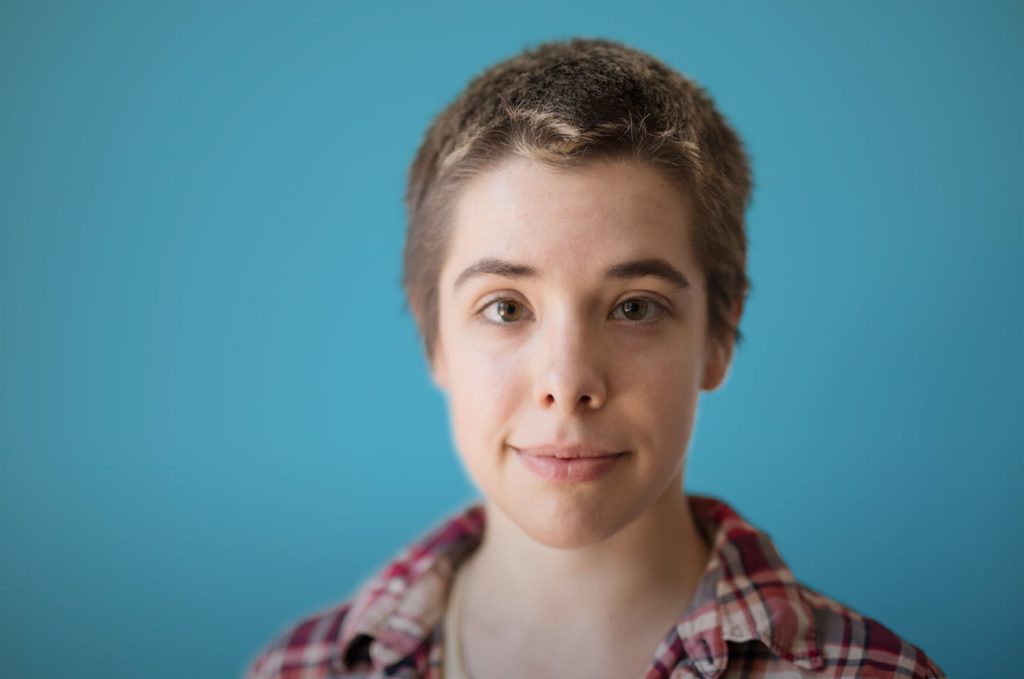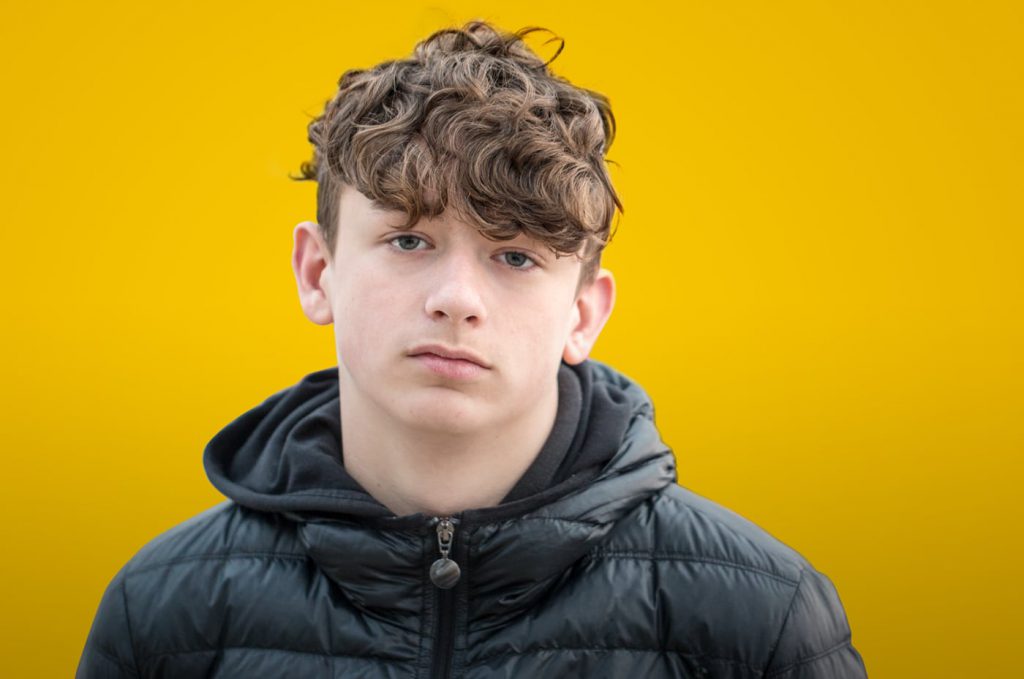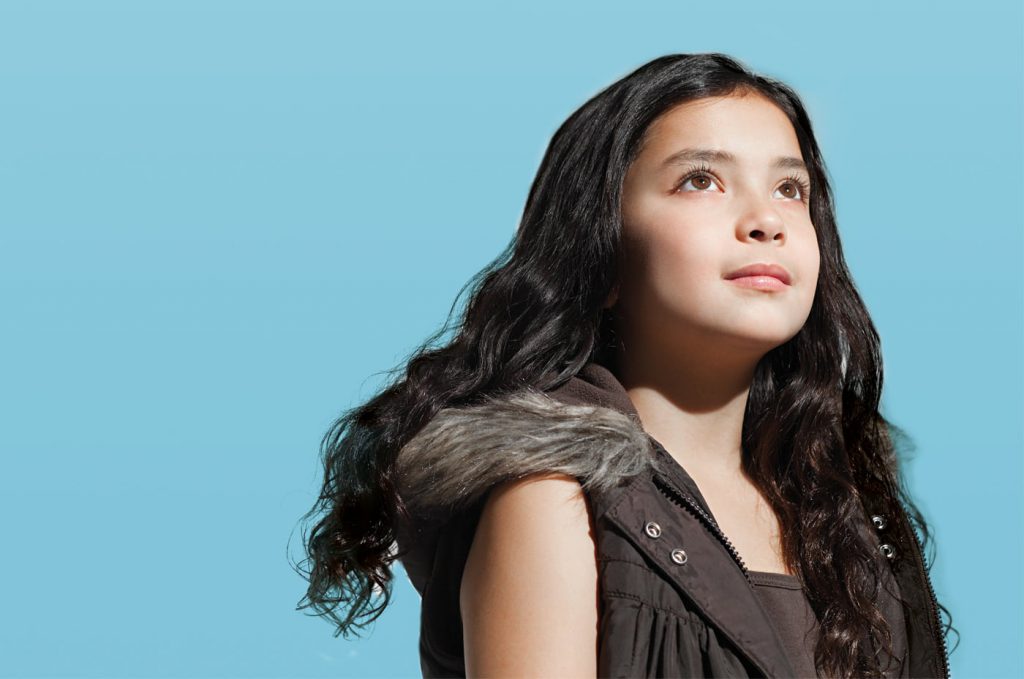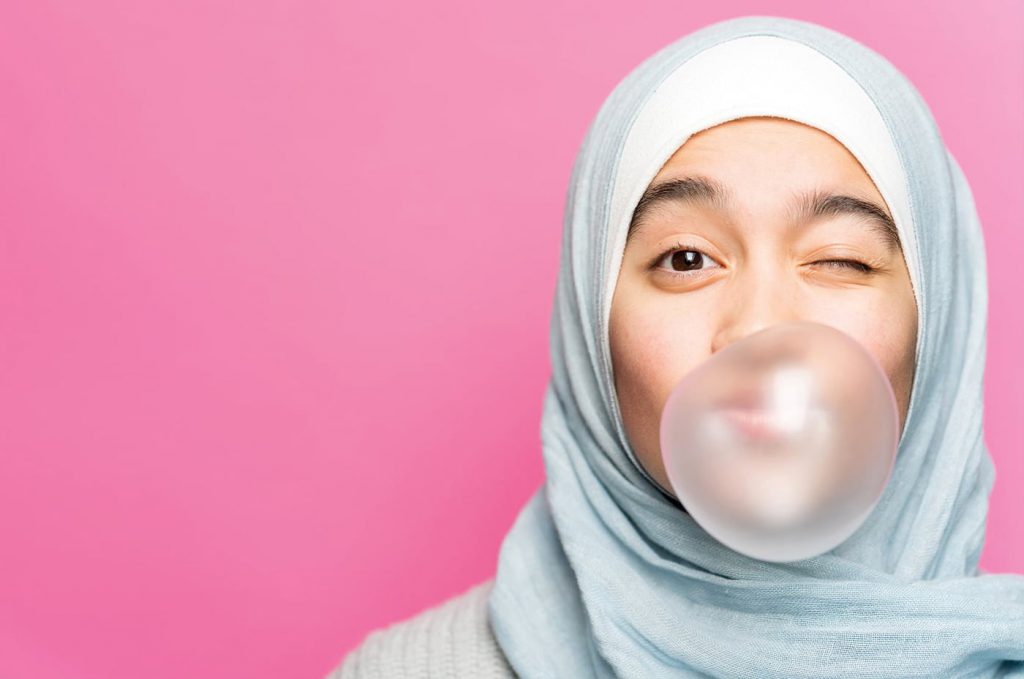It is often a shock and upsetting when you find out that your child is self harming.
Take a breath. You may be overcome with anger and fear.
If your first reaction is anger, hurt or upset this is normal, but it your child may feel worse. They will be dealing with your reactions as well as the reasons that they are self harming .
Talk to them honestly about the effect that this has on you but do it calmly – in a way that shows how much you care for them.
There are many reasons why a child or young person self harms. Don’t assume you know what they are. Sometimes they cannot say themselves. What do you know about why they may be so distressed right now? Has anything happened in the recent or distant past?
This can include:
Being bullied – at school or online. Many children have a secret online world that they won’t tell you about.
Family events such as bereavement, family breakdown, divorce, conflict at home, sibling with disabilities or additional needs, you or your partner may have mental health issues, be depressed or use alcohol or substances; domestic violence or critical or controlling behaviour.
Anxiety or feeling pressure to succeed. Fear of failure. Sexuality, gender identity, relationships, impact of pornography, fear of crime.
Peer group pressure. This may include their digital world. Do they feel like they don’t fit in? Have no real friends? Been sexting or sending or receiving nudes?
Remember:
Don’t expect them to stop overnight – its difficult and can take time and effort.
Try not to be overcontrolling. Talk to them when they feel like self harming and try to understand their feelings.
Find out about getting help and maybe go with them to see someone.
We are accepting referrals. There is a waitlist and if we are unable to provide a space in 6-8 weeks we will review and may discharge. See our Signposting page for other suitable services.
If you need to speak with someone now, call Childline 0800 1111 and someone will listen. Over 18? Call Samaritans 116 123. (Both are FREE)
If it is an emergency, call 999. Last updated 02/12/2020.
Service information

Self Harm Peer Support
Young women and female to male or non-binary transgender young people ages 13-16 years can join our weekly group. The group is held weekly after school in the wïsh centre.
Safe to speak
Long term open ended therapy for young people ages 12-19 who are self harming or have experience of sexual abuse or exploitation. Young people need to be attending a Harrow school or be able to come to the wïsh centre for sessions.
We can also offer 1:1 support for young people who self harm ages 19-25.


Positive changes
Weekly peer support group for young people (mixed gender) ages 15-19 years with mental health vulnerabilities to develop new skills, friendships and confidence through volunteering and campaigning. The group is held weekly after school in the wïsh centre .
Safe step
Early intervention and prevention of self harm and child sexual exploitation for children ages 8-12 years. Arts based and talking therapies. Children will be seen weekly at their Harrow School.


Outreach
Up to 4 sessions with our Youth Support & Participation Worker to explore the best options for you or for the young person and help them engage with the wïsh centre or other services. Young people can be seen in school or at the centre.
We will not accept a referral if:
- The young person hasn’t consented
- The young person is currently using class A drugs
- The young person has a recent history of violence or exploitation of others
Acceptance of a referral for a young person who has made a recent suicide attempt or who is currently involved in high risk CSE will be dependent on the outcome of our risk assessment.
Get help:
Our services are currently FULL, see our Signposting page for other suitable services.
You can make a referral to the wïsh centre here and find out more here (FAQs). If your child is referred to us we can offer you support and guidance.
The YoungMinds website has a section especially written for parents with lots of information about mental health and wellbeing. You can find out more about different conditions, how to support children with mental health problems and how to look after yourself.
Visit: youngminds.org.uk/for_parents